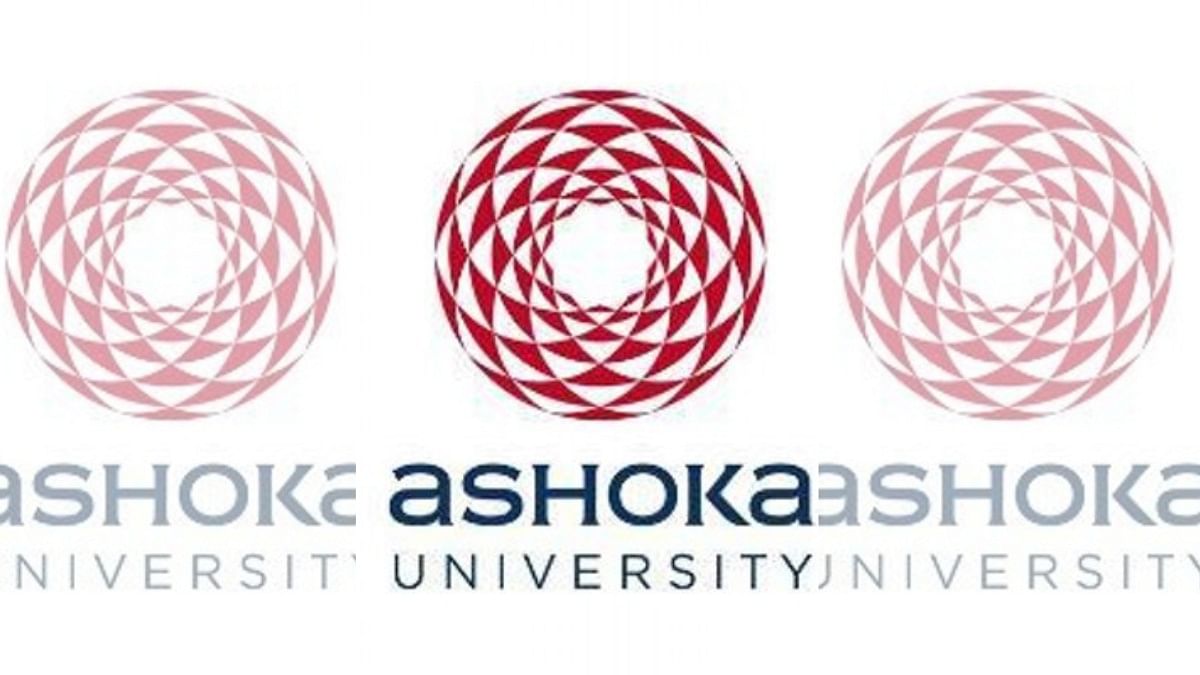New Delhi: The economics department of Ashoka University Wednesday wrote an open letter to the institution’s governing body to look into the ‘hasty acceptance’ of the resignation of Professor Sabyasachi Das, ThePrint has learnt.
Das had authored the controversial paper ‘Democratic Backsliding In The World’s Largest Democracy’ and his resignation came weeks after the research created a furore earlier this month for suggesting that the Bharatiya Janata Party (BJP) won “disproportionately” in closely contested seats in 2019 Lok Sabha elections, especially in states where it was in power.
Following his resignation, senior faculty member of the department, Prof Pulapre Balakrishnan, too, put in his papers, ThePrint has learnt. ThePrint reached Prof Balakrishnan who refused to comment, but professors in the know confirmed his stepping down.
ThePrint also reached the university via email. This report will be updated once a response is received.
Meanwhile, in its 16 August letter to the governing body, a copy of which is with ThePrint, the economics department has demanded that Das be offered his position back and asked for affirmation that the governing body will “play no role in evaluating faculty research”. It has claimed that faculty members would be unable to “carry forward their teaching obligations” if the action is not taken by 23 August.
The letter came a day after university vice-chancellor Somak Raychaudhury said, in a statement released on the university’s website late Monday, that “Ashoka University confirms that Dr Sabyasachi Das, Assistant Professor in the Department of Economics, has submitted his resignation. Dr Das is currently on leave from Ashoka, serving as visiting faculty at the Gokhale Institute of Politics and Economics (Deemed to be University) in Pune. After making extensive efforts to dissuade him, the University has accepted his resignation.”
Das’s paper is yet to be peer-reviewed and is believed to have come into circulation after he presented it at an institute. It was shared by an academic on social media platform X (formerly Twitter) on 31 July, following which the controversy erupted.
The BJP won the 2019 parliamentary elections in India: but was it ALL fair and square?
This astonishing new working paper by @sabya_economist provides scientific evidence that suggests vote(r) manipulation by BJP.
And no, this is NOT about EVMs.https://t.co/H99CGJPhTV
Thread🧵 pic.twitter.com/YU1idLcqXw— M.R. Sharan (@sharanidli) July 31, 2023
ThePrint tried to reach Das via email. This report will be updated if and when a response is received.
Ashoka University was quick to distance itself from the research, saying that the paper had not yet completed a critical review process and had not been published in an academic journal.
In the V-C’s statement too, the university again emphasised how “academic freedom” given to its professors does not reflect its views. It said, “Dr. Das’s paper on Indian elections was the subject of a widespread controversy after being shared recently on social media, where it was perceived by many to reflect the views of the University.”
“At Ashoka University, members of faculty have freedom to teach and carry out research in the areas they choose — the University affords its faculty and students…the most enabling environment for academic freedom at an institution of higher education in the country. The University does not direct or moderate the research conducted by its faculty and students. This academic freedom also applied to Dr Das,” it added.
Also read: BJP, 2019 polls & ‘vote manipulation’: Why Ashoka professor’s paper has kicked up controversy
The controversy
Members of the academia are divided over Das’s paper. While some vouched for the robustness of the methods employed and academic rigour, others disagreed with the conclusions.
BJP leaders have pointed at the lack of evidence while opposition leaders have raised questions about the ruling government.
In a post on X, BJP MP Nishikant Dubey dubbed the research “half-baked”. “How can someone in the name of half-baked research discredit India’s vibrant poll process? How can any University allow it?” he said.
Meanwhile, Congress MP Shashi Tharoor posted on X that if “the Election Commission and/or the Government of India have answers available to refute these arguments, they should provide them in detail”.
“The evidence presented does not lend itself to political attacks on a serious scholar. E.g. the discrepancy in vote tallies needs to be explained, since it can’t be wished away,” he added.
(Edited by Smriti Sinha)
Also read: Ashoka University prof’s paper full of political fog. It only disproves 2019 electoral fraud

